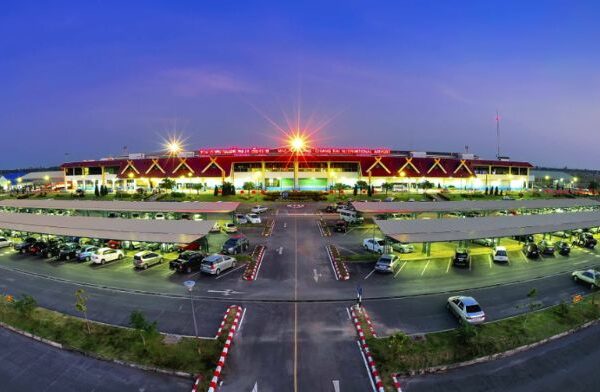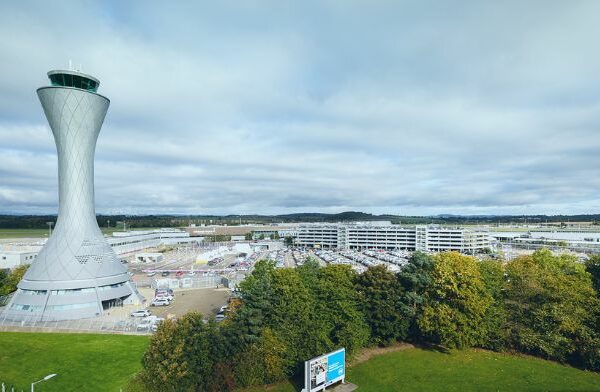Birmingham Airport has set itself an ambitious target to prioritise becoming a net zero carbon airport by 2033.
The airport has set its ambitious target ahead of the UK’s target of 2050 in recognition of the growing need to address climate change. As part of its commitment the airport is prioritising zero carbon airport operations and minimising carbon offsets. It has already cut its carbon emissions since 2013 by 33%, and emissions per passenger by more than 50%, despite growing passenger numbers by 40%.
Admitting that he doesn’t have all the answers as to how the airport will hit its target, Nick Barton, Birmingham Airport’s CEO did however reveal that “we are confident that through innovation and collaboratively working with industry, government, manufacturers, on-site partners and employees, we can reach our target by 2033.”
He also revealed that he believes the biggest opportunity to reduce its carbon footprint is via on-site renewable energy generation. “Technology is changing at some pace and the movement to a net-zero economy itself is driving innovation across the energy and transportation industry, and we are going to take advantage of this,” he added.
“Over the next six to 12 months we will be working to revise our existing carbon management plan and develop a roadmap. This will allow us to set and prioritise genuine carbon reduction objectives rather than carbon off-setting schemes, as we see this as the least favourable option.”
Acknowledging that there are wider concerns about emissions from flights, which airports are an enabler of, the UK aviation and aerospace industries have already invested £22bn in green technology since 2005. Birmingham Airport itself works with Sustainable Aviation, which is made up of airlines, airports, aerospace manufacturers and air traffic service providers to work together towards a common goal of cleaner, quieter and smarter aviation.
“We are also doing our bit locally to help airlines reduce their emissions,” said Barton. “We are fully supportive of the UK’s Airspace Modernisation programme, which the Committee on Climate Change advise is required to be delivered if the UK is going to achieve net-zero by 2050.
“We’ve already delivered changes to our airspace as part of the UK Airspace Modernisation programme and we will continue to work with the CAA, Sustainable Aviation and airline partners to help reduce aircraft emissions further.”
The airport is publishing an updated Sustainability Strategy later this month, outlining its vision to address the key aspects of its environmental and community impacts over the next five years, including noise, carbon, waste, water, air quality, biodiversity and employment.





